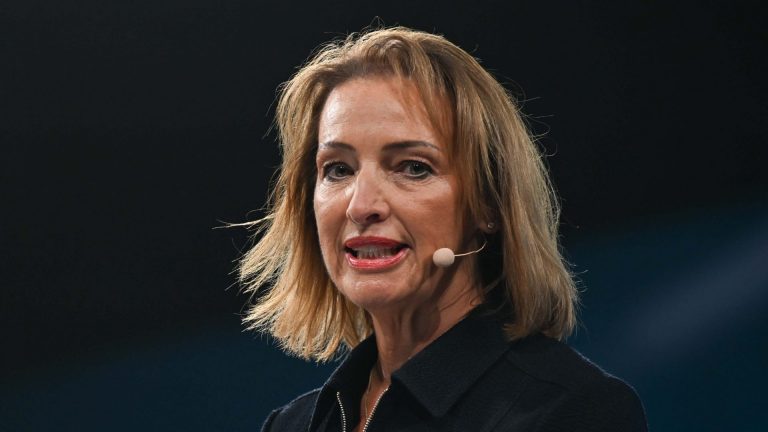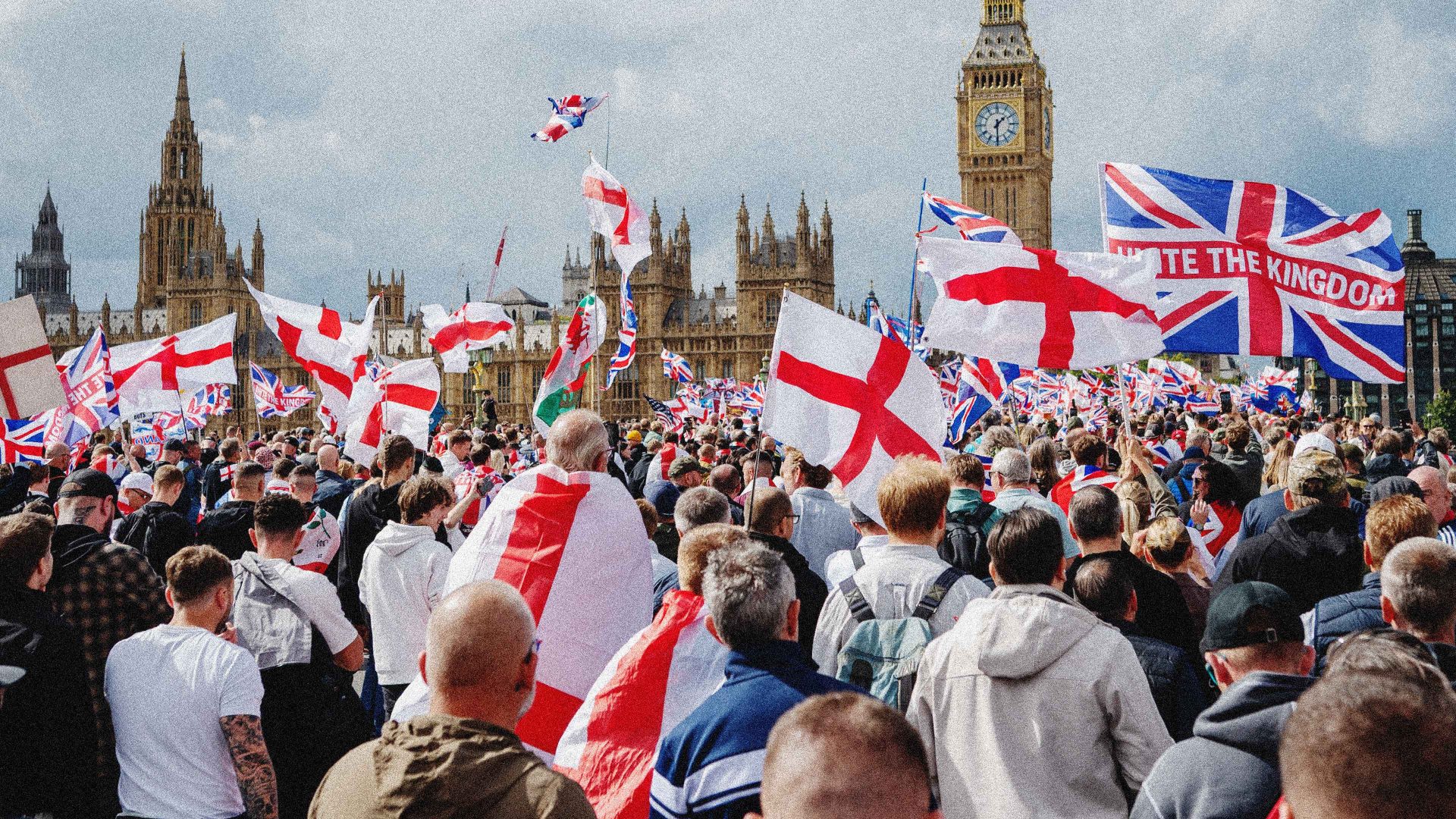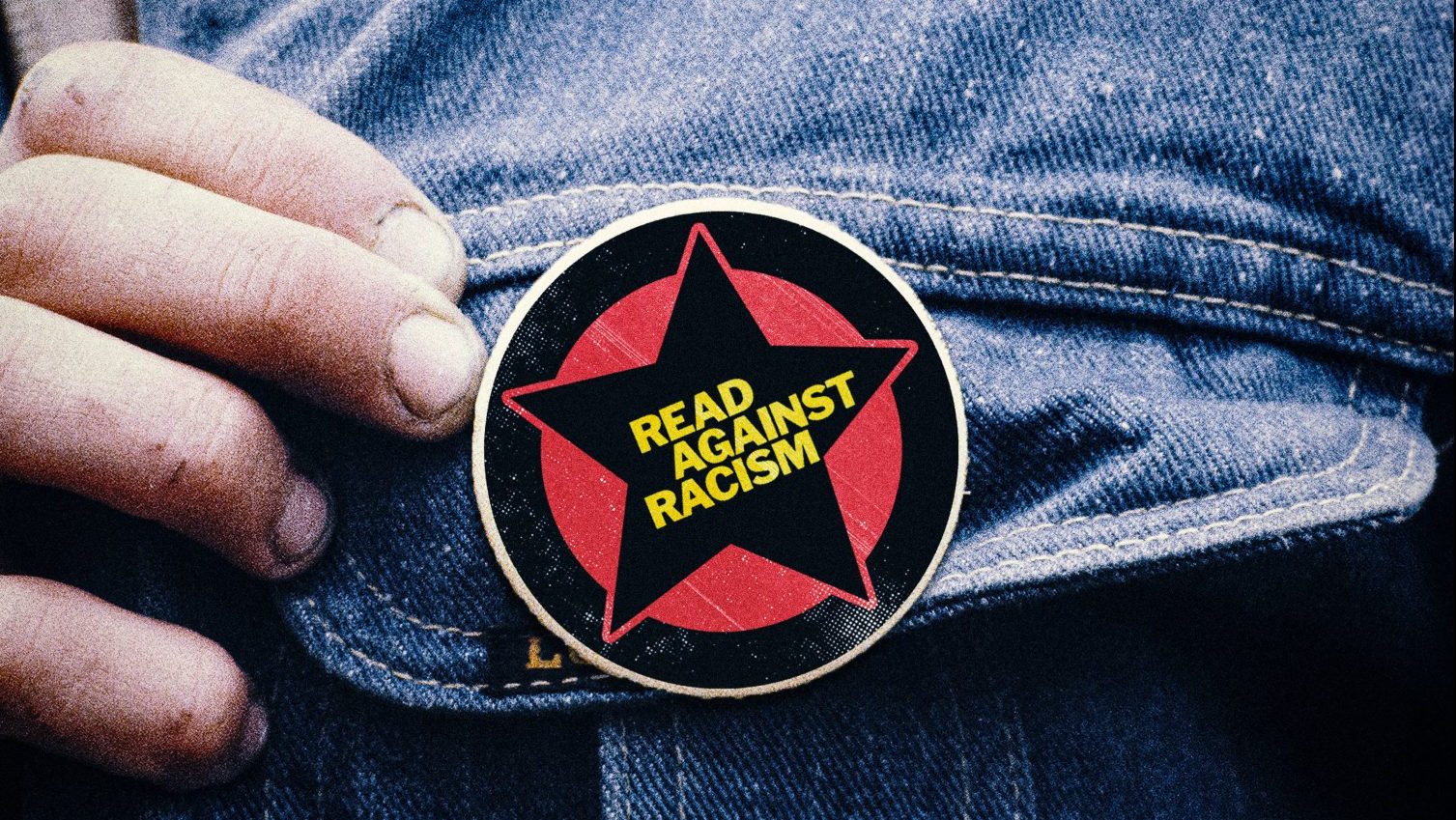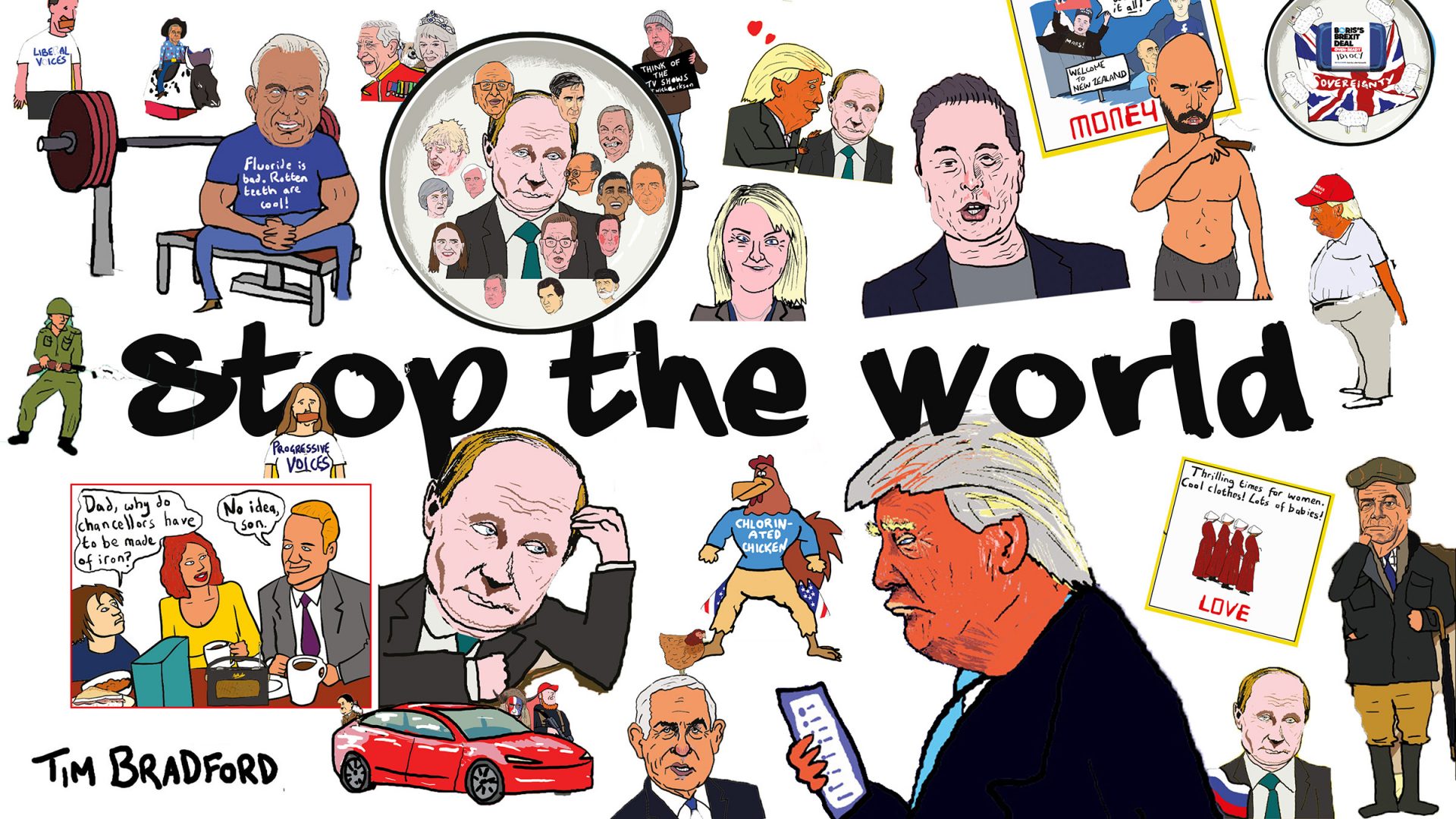Why are we going backwards on racism in Britain? It is not a question I wanted to be asking in 2025. My lived experience of Britain as a multi-ethnic society has been of seeing my country change for the better during each of the four decades since I left primary school.
As a football-mad teenager in the 1980s I saw and heard a level of overt racism – the monkey chanting and chucking bananas – that I doubt my teenage children will ever experience in a football ground. But that experience introduced me to anti-racism too, to campaigns that changed the law and stadium culture. I graduated in the mid-1990s at a time when visible ethnic diversity in our professional and public life was pretty scarce. There had not yet been a single black or Asian government minister. But in the last decade, ethnic diversity at the top has become a new norm to an extent unmatched in any other major democracy.
The paradox of racism is this: I live in a society that appeared to be becoming more at ease with the fact of ethnic diversity – but I receive so much more racist abuse in 2025 than I ever did twenty or thirty years ago. That is partly down to technological change.
Overtly racist attitudes have been shrinking in the long-term – particularly across different generations. Yet the most racist people in Britain are just a click away from targeting somebody with a public profile, whereas a generation ago, it would have required the effort to put a letter in the postbox. So the increasingly equal opportunity for black and Asian people to become mayors and party leaders, even prime ministers, now comes at the price of an increasingly unequal experience of the public space. That is true for women in public life too.
The worst racist trolls now openly boast online about why they feel a sense of impunity about their racist abuse. Unfortunately, they appear to be right – racists are now able to sustain campaigns of targeted harassment for months at a time. Platforms like X and Facebook are putting less and less of their capacity into policing hateful conduct. As a result, that sentiment is increasingly spilling out into racist graffiti on bus stops, Indian restaurants, even the playground of the local park.
Many people have experienced a spike in the most virulent forms of racial abuse this summer. It plays too into a broader polarised political environment of arguments over immigration, asylum, protest and prejudice, as well as integration, flags and who feels heard and unheard.
How should we understand what is going on? What would have to change for us not only to “call out” racism, but to get tough on the resurgence of racism, and tackle its causes? The most pessimistic view is that maybe the sense of progress was simply a mirage: that people may have pretended to adopt new social norms. That view suggests that, while British racism was always subtler than that in America, UK racists are happy to take the mask off as norms change back. I think that underestimates the changes we have made across generations.
The right blames the pace of immigration for the new racism, and the provocations of the woke. Net migration has more than halved since the general election, though there is little sign that anybody will notice while there is such a visible lack of control in the Channel. That phenomenon has been exacerbated by six years of noisy slogans about stopping the boats while failing to do so.
“It must be the economy, stupid” is the centre-left’s intuition, but this misses the point. There are many reasons that fifteen years of no growth do matter. They increase frustration with democratic politics and the condition of public services. People naturally feel less sympathy for out groups when times are tough, and it becomes harder to make the case for development aid. But that is different to the question of who we think of as an “out group”. It is rarely economics that decides that.
After all, it was the world’s richest man who spoke about the case for violence on a giant screen at the Tommy Robinson rally in London: that is not the product of economic disadvantage. Support for Tommy Robinson himself has next to no correlation with employment or income levels, compared to being male, or having authoritarian instincts. Rejectionist views towards Muslims and minorities tend to be more prevalent among older people who have fully paid off their mortgage than young people struggling to find their first deposit.
That is because what matters more is meaningful inter-group contact. That can be increased – gradually – over time. Yet efforts to do so will take the longest to reach those with the hardest attitudes. Political, media and social cues are shaping how far those who lack real world contact come to fear and hate groups of their fellow citizens, regarding them as a dangerous, existential threat.
There is a vacuum in government strategy and policy thinking about racism. This country did not make past progress in law, policy or social norms by chance. We need action again to halt regressive forces now. The government had a hate crime strategy in the post-Brexit period of 2016 to 2020, but successive prime ministers have failed to renew it. Britain has excellent data on the gap between the white majority and ethnic minorities, showing it has disappeared. Yet we do not collect the data that we need on inter-group sentiment: the patterns of warmth or indifference, fear or prejudice, that extremists exploit, and which efforts to tackle the causes of prejudice would target and track.
It matters that the government has taken action on anti-Muslim prejudice, asking former Conservative attorney general Dominic Grieve to lead that effort. There has been a tangible anxiety about explaining why this matters to the non-Muslim majority. Yet the success of addressing anti-Muslim prejudice depends not on expressing solidarity with Muslims in Britain, but on reaching out to the 94% of people who are not Muslim, in order to shift casual prejudices, and deradicalise or isolate hateful hardliners.
Suggested Reading


Sarah Pochin and the new age of open racism
What might surprise my sixteen-year-old self is just how seriously we now take racism in football stadiums. After a racist incident towards a Bournemouth footballer on the first night of the season, there was half an hour of Sky Sports coverage, during which pundits worried that all of our campaigns against racism had failed. Yet the fan was banned from the ground by morning. So I am baffled by the inaction and inconsistency which somehow combines zero tolerance towards racism in football grounds with an almost infinite tolerance of racism online.
The p-word is routinely used on Twitter to racially abuse the home secretary Shabana Mahmood, the Labour MP Zarah Sultana and the Reform chairman Zia Yusuf. I have been reporting these racist incidents to the platform. In over 95% of cases, the X platform actively defends the abuse.
All of this is a clear breach of existing legal duties, even before Ofcom gets new powers to require the removal of racist content. Any organisation must provide an equal service to users with protected characteristics, including on grounds of ethnicity, yet the complaints system still currently defends unlawful racist harassment. X also routinely refuses police requests for prosecutable content about racist abuse. It already does so in cases of child pornography or terrorist content.
So this week’s debate about whether or not police record “non-crime incidents” is of much less interest to me than how to end the de facto decriminalisation of online racism. The police lack the capacity, culture or confidence to respond, yet are bound to be overwhelmed while the platforms are out of control. The regulators seem oblivious to the problem, while social media platforms are becoming almost unusable for ethnic minorities on account of the abuse.
Until there are consequences for the major platforms that currently protest and in some cases amplify their most incessantly racist users, this government will be turning a blind eye to the normalisation – and legalisation – of racial hatred in our country. The consequences of that will not simply remain online.
Reading opens minds. It can change them. Turn the page on division and subscribe to The New World. Share our work, tell a friend, and be visible… buy the t-shirt (or the mug, or the hoodie). Go to shop.thenewworld.co.uk.
But most of all, read.



